"We have state-of-the-art campus facilities, extraordinary concert halls, and magnificent views of the Haihe River. However, these are not the reasons why I joined Tianjin Juilliard in the first place. I am because of the people here. Thank you to those who educated me, guided me, and cared about me. The people who have cultivated us into musicians full of curiosity, adventurous spirit, and grateful heart." At the graduate graduation ceremony, Liu Zhangjuan, the graduate representative, said.
On the morning of May 20, the Tianjin Juilliard School held a graduation ceremony for the class of 2022. After two years of study, 33 first graduate students from 8 countries including China, the United States, South Korea, and Uzbekistan successfully completed their studies and obtained a master's degree from The Juilliard School in New York.
At the graduation ceremony, He Wei, the artistic director and academic dean of the Tianjin Juilliard, presented the "Tianjin Juilliard School" award to Xu Jinchao (a piano student majoring in chamber music performance) in recognition of his all-round artistic achievements during his studies. and outstanding academic performance, awarded the "Joseph W. Polich" Award to Robeine (oboe student majoring in orchestral performance) for highlighting Tianjin Juilliard's "artist-citizen" values.
"You are exactly the kind of students we are looking for, and we are proud of each of you," Ho said to the 33 graduates.
This is the fruit of ten years of efforts by both China and the United States, and it also means a new starting point. At the same time, The Juilliard School in New York also decided to hold its 117th Commencement Ceremony on the morning of May 20, Eastern Time. The New York and Tianjin campuses celebrated their graduation on the same day, a collaboration under Juilliard's "One School, Two Campuses" vision.
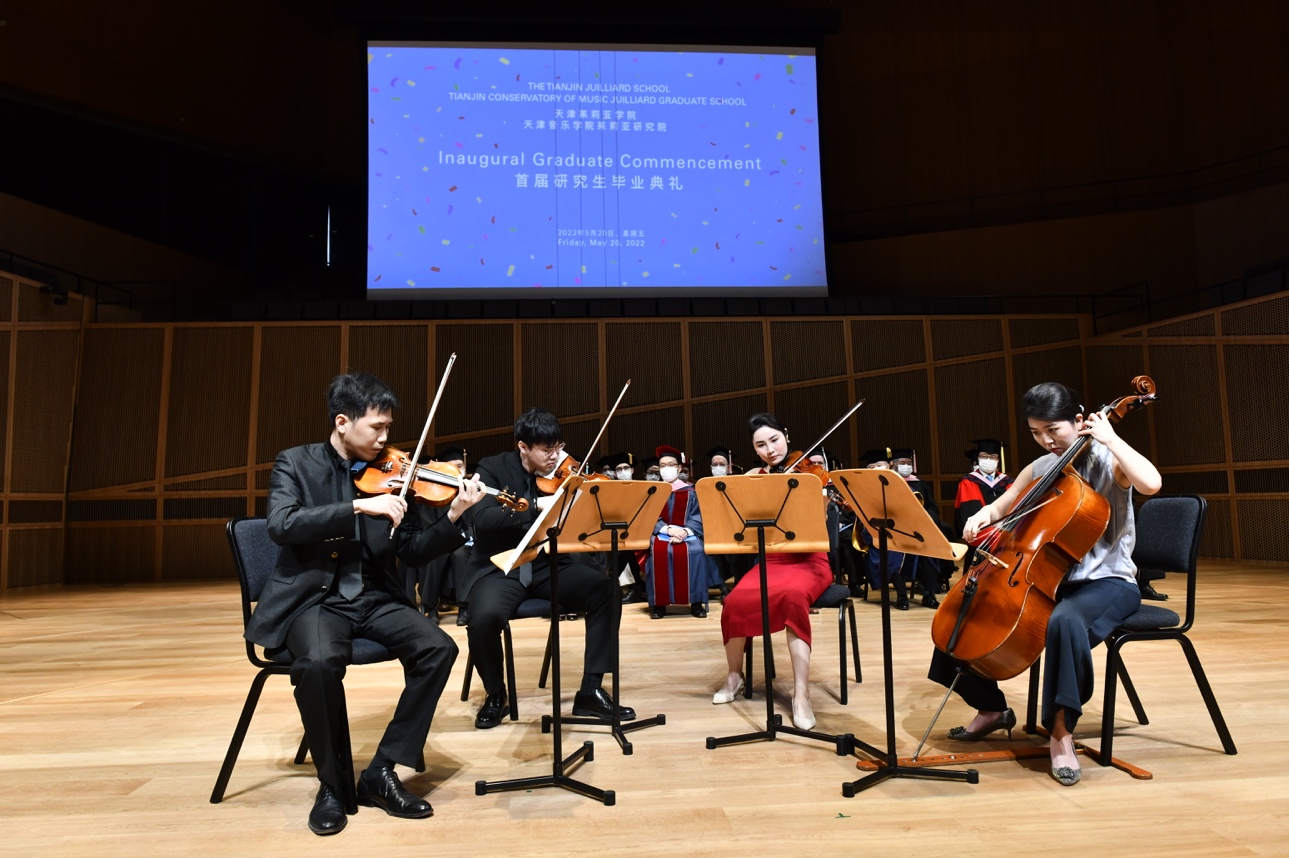
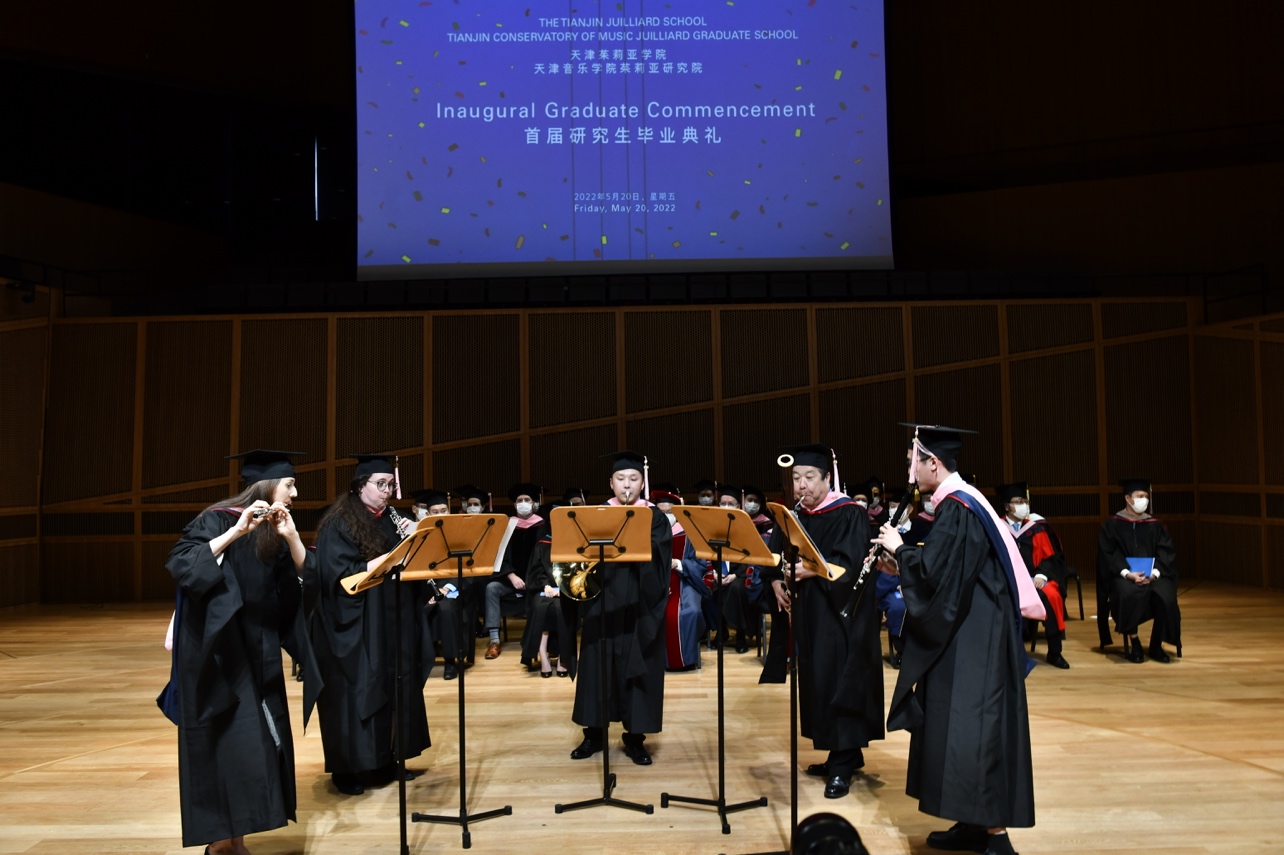
33 graduates, where will they go in the future?
As for the student employment issue that the outside world is most concerned about, what is the introduction? The repeated outbreak of the epidemic has hindered a lot of work, and the interviews of many orchestras have been postponed repeatedly, and everything is still in progress. "Graduates have a very wide range of choices for the future, and a hundred flowers bloom.
Some graduates have a firm desire to enter the orchestra. Lobeni, who just won the "Joseph W. Polich" Award, will have two or three Chinese orchestras interviews next week; Zheng Zhixiu, a viola student from South Korea, was admitted to the Shenzhen Symphony Orchestra; cello also from South Korea Student Jin Enxu stood out from many competitors and was admitted to the Guangzhou Symphony Orchestra. "I only had one week to prepare for the interview, and the result was very good! I am looking forward to my new life in Guangzhou."
Some graduates have sought teaching positions in colleges and universities, such as Guo Wei, a horn student. There are also graduates who chose "music entrepreneurship". Several students jointly founded the Qingxin Chamber Orchestra. They are both artistic directors and administrative directors. They plan their own performance seasons and do their own promotion.
Of course, there are graduates who choose to continue their studies. Xu Jinchao, who has just won the "Tianjin Juilliard School" award, is applying for a doctoral program; Dominique Valenzuela, a violin student from the United States, was admitted to The Juilliard School in New York on a full scholarship; piano Student Wang Ziyi decided to study in Germany and start a new journey on the road of vocal art direction.
"Everyone has different strengths and personalities. Learning how to work with different people and maintain flexibility is my biggest gain at Tianjin Julia." The piano art director is divided into instrumental music and vocal music. After two years of exploration, Wang Ziyi, who was not interested in vocal music at first, gradually figured out the future direction and aspired to become a vocal music art director.
"It will be a very difficult and long road." Zhu Huixin is the director of the piano art instruction department of Tianjin Julia and Wang Ziyi's instructor. In recent years, Italian colleagues have often complained to her that very few young people are now willing to learn And become a vocal art director. However, vocal art director is very important in opera production and opera production. If there is a lack of talents, it will directly affect the inheritance and development of the entire opera industry.
"Wang Ziyi's decision has given me hope for the future." Zhu Huixin introduced that the Tianjin Juilliard's piano art instruction course introduced the New York Juilliard's curriculum system. Guidance and other cooperative skills classes, learning Italian, German, and French, "Graduate students may not be able to become an excellent piano art director for two years, but they can expose them to all aspects of the industry and help them open their eyes."
Tianjin Juilliard's first full-scholarship quartet, the MILA quartet, includes two boys and two girls, hoping to become a professional quartet. In September this year, the MILA Quartet will join the Chamber Music Intensive program of Tianjin Juilliard Preparatory School to help preparatory piano students who love chamber music to carry out chamber music training. In the meantime, they can continue to hone their skills with the teachers at the Tianjin Juilliard and develop their careers as a professional quartet.
"When introducing us, everyone often said that the Shanghai Quartet is the only world-class string quartet in China. Of course, we are very happy, but also a little sad. We hope that when China is mentioned, there will be 10 or 20 world-class string quartets. ." Yu Xiang, the second violinist of the Shanghai Quartet, said that this is the reason why they gave up everything in the United States and decided to return to China to devote themselves to chamber music.
"We hope to do our best to help young Chinese people feel the charm of chamber music, and let the world audience recognize the younger generation of chamber music groups and chamber music musicians in China." The Shanghai Quartet is the instructor of the MILA Quartet and has not graduated yet. , the four students have received invitations from brokerage companies and have performance opportunities all over the country. "This gives us hope. We used to think that this process might be very long, but we didn't expect it to be shorter than expected, and the results are better than Think fast."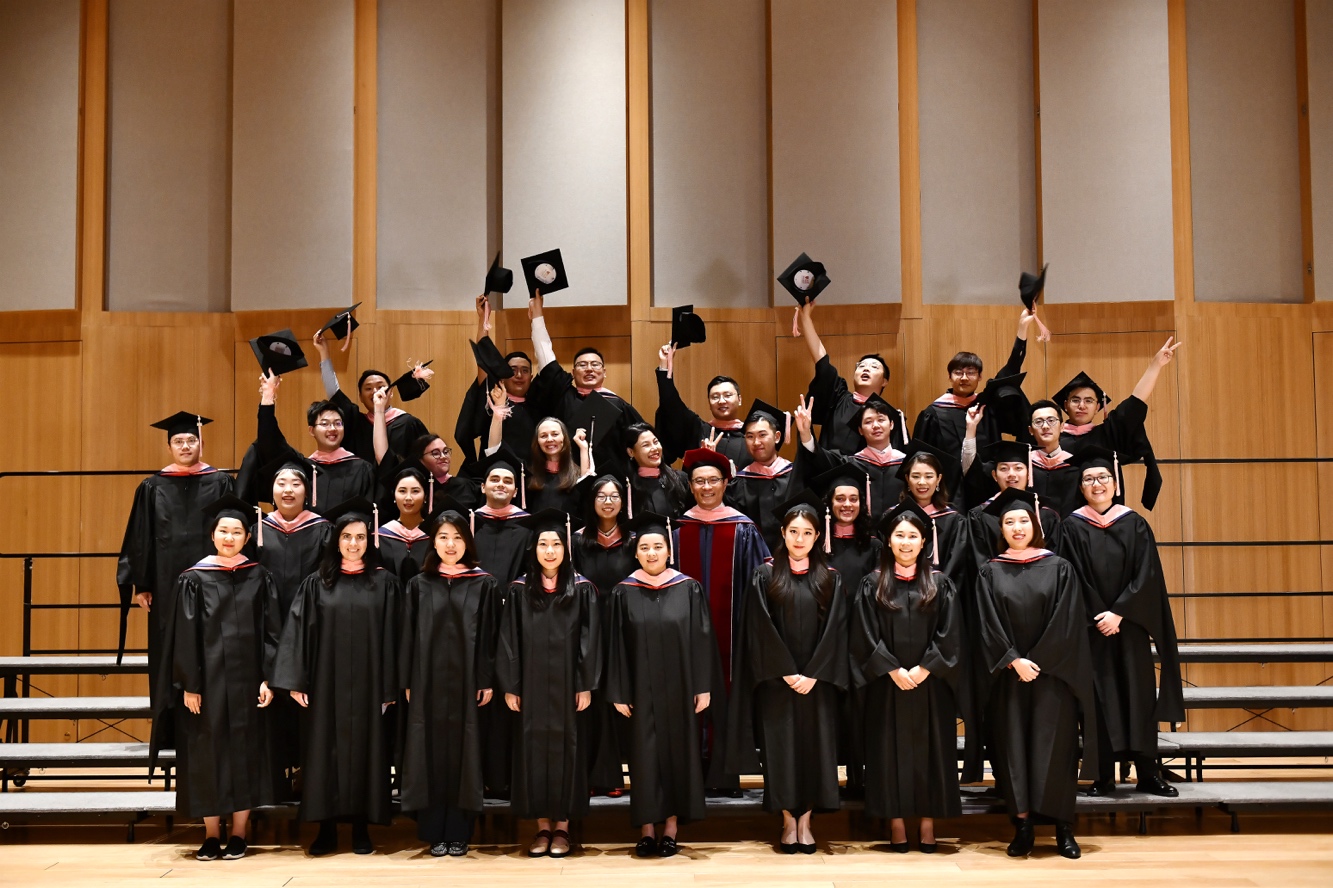
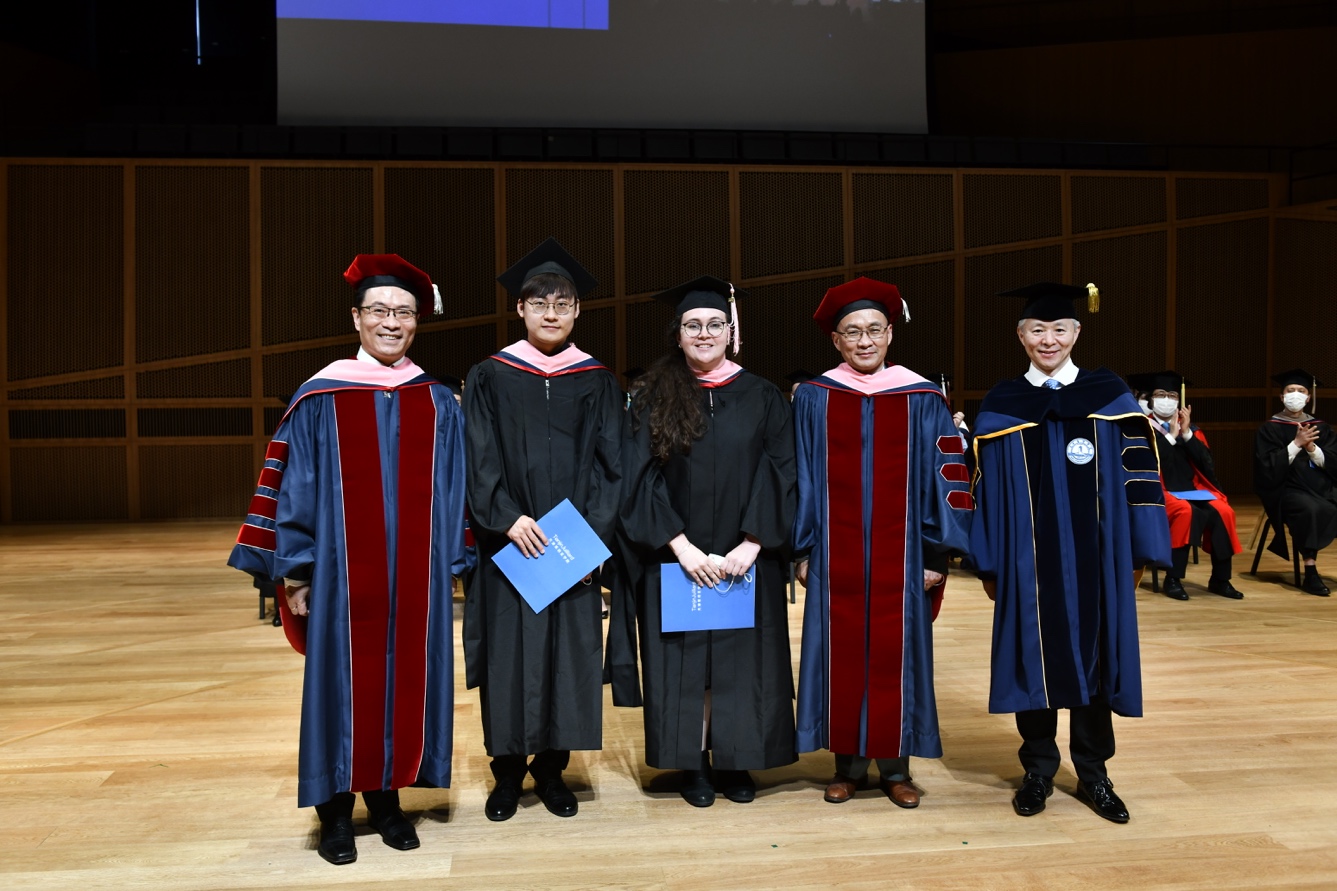
Founded in 1905, The Juilliard School in the United States is one of the most important centers of performing arts education in the world. Tianjin Juilliard is the first time that Tianjin Juilliard has cooperated in running schools overseas and awarded degrees overseas for the first time in the more than 100 years since its establishment.
In September 2020, Tianjin Juilliard's first graduate program was officially launched. More than 30 students from all over the world gathered in China and walked into the Tianjin Juilliard's new campus.
"We want to bring an authentic Juilliard experience, and the students we choose must also meet Juilliard's standards." He Wei said that Tianjin Juilliard had been looking forward to attracting three types of students from the very beginning: Class I They are undergraduate graduates in China; the second category is Chinese students studying abroad; the third category is international students. The composition of the first batch of graduate students just met the college's vision, accounting for almost one-third of each.
"Such a ratio is very healthy and positive. Students have different cultural backgrounds and growth environments, so they can influence and learn from each other." He Wei said.
Tianjin Juilliard's graduate program focuses on the teaching of "Ensemble Art", and tailored to the reality of China, tailoring three scarce graduate programs - Orchestral Performance, Chamber Music Performance, and Piano Art Direction. This is a much-needed part of Chinese music education, and it is also a much-needed major in the Chinese music market.
"Our student always learns and grows in a collaborative environment, whether he is in a string quartet, or in a wind ensemble, or in an orchestra." Having worked for the Pittsburgh Symphony Orchestra for thirty years, Observed by Scott Bell, an oboe teacher who is now teaching in Tianjin.
At the graduation ceremony, he remembered the first time he walked into the teaching studio. The room was empty and full of unassembled furniture parts. Several clarinet students took the initiative to help assemble tables and chairs. Gradually, several other instrumental music students joined in. After the furniture was assembled, everyone worked together to move the furniture for them. Find the best location, and the furnishings in the house will finally take shape.
“It’s that collaborative spirit that permeates their studies, rehearsals, performances, and chamber and orchestral performances. Despite the cultural and linguistic differences, and the different levels of experience and level of these students, they all learn how to live and work together," Bell said.
Tianjin Julia is not very large, so everyone is very close. Bell brought two oboe students with different personalities and different playing methods, and it was fun, "Although I am a teacher, we always think about music together, listen to other people's performances, and then put forward our own opinions. The three of us actively It is an environment in which teaching and learning are mutually beneficial." Bell described Tianjin Julia's curriculum as a small experiment, which now seems to have achieved great success.
"The teacher knows almost every student, and they are very close to each other, it's really like a family." The piano student Xu Jinchao also has a deep understanding of this, "Whether it's our concert, from rehearsal to performance, or our To participate in the music competition, to prepare in all aspects, the teachers have spared no effort and no time to help us.”
Also because there are not many people, in the past two years, almost every graduate student has participated in every orchestra concert of the school, as well as a variety of chamber music concerts. During every rehearsal and performance, He Wei witnessed the cohesion of the student team and saw them reach the level of professional management and operation. In the art of ensemble, "their growth can be called 'metamorphosis', not just 'progress'."
"We hope that students can go out of the campus and get not only a diploma from Juilliard, but also become a mature artist and a 'pillar' level artist who can use his ability to educate the next generation." In many Among the graduates, Yu Xiang was delighted to see this potential.
After sending off the first batch of graduate students, He Wei, who will be the CEO and artistic director of Tianjin Juilliard, will lead the school to develop in many aspects. "Tianjin Juilliard will enter the 2.0 development period."
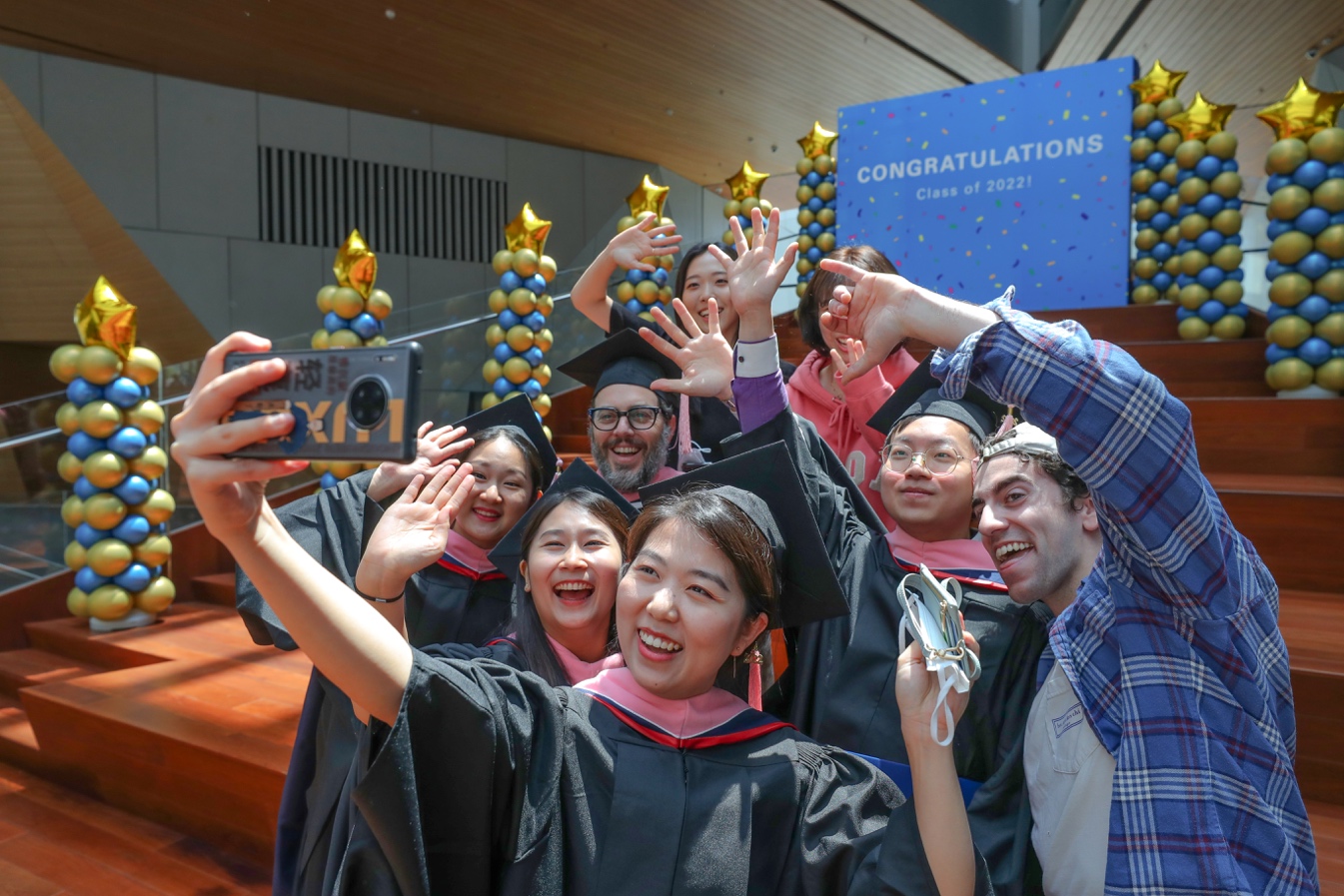

On the morning of May 20, the Tianjin Juilliard School held a graduation ceremony for the class of 2022. After two years of study, 33 first graduate students from 8 countries including China, the United States, South Korea, and Uzbekistan successfully completed their studies and obtained a master's degree from The Juilliard School in New York.
At the graduation ceremony, He Wei, the artistic director and academic dean of the Tianjin Juilliard, presented the "Tianjin Juilliard School" award to Xu Jinchao (a piano student majoring in chamber music performance) in recognition of his all-round artistic achievements during his studies. and outstanding academic performance, awarded the "Joseph W. Polich" Award to Robeine (oboe student majoring in orchestral performance) for highlighting Tianjin Juilliard's "artist-citizen" values.
"You are exactly the kind of students we are looking for, and we are proud of each of you," Ho said to the 33 graduates.
This is the fruit of ten years of efforts by both China and the United States, and it also means a new starting point. At the same time, The Juilliard School in New York also decided to hold its 117th Commencement Ceremony on the morning of May 20, Eastern Time. The New York and Tianjin campuses celebrated their graduation on the same day, a collaboration under Juilliard's "One School, Two Campuses" vision.

The MILA Quartet performs Antonin Dvorak's String Quartet in F major

Resident teacher Akio Koyama collaborates with woodwind students Jacques Iber's "Three Pieces"
The future of graduates, a hundred flowers bloom33 graduates, where will they go in the future?
As for the student employment issue that the outside world is most concerned about, what is the introduction? The repeated outbreak of the epidemic has hindered a lot of work, and the interviews of many orchestras have been postponed repeatedly, and everything is still in progress. "Graduates have a very wide range of choices for the future, and a hundred flowers bloom.
Some graduates have a firm desire to enter the orchestra. Lobeni, who just won the "Joseph W. Polich" Award, will have two or three Chinese orchestras interviews next week; Zheng Zhixiu, a viola student from South Korea, was admitted to the Shenzhen Symphony Orchestra; cello also from South Korea Student Jin Enxu stood out from many competitors and was admitted to the Guangzhou Symphony Orchestra. "I only had one week to prepare for the interview, and the result was very good! I am looking forward to my new life in Guangzhou."
Some graduates have sought teaching positions in colleges and universities, such as Guo Wei, a horn student. There are also graduates who chose "music entrepreneurship". Several students jointly founded the Qingxin Chamber Orchestra. They are both artistic directors and administrative directors. They plan their own performance seasons and do their own promotion.
Of course, there are graduates who choose to continue their studies. Xu Jinchao, who has just won the "Tianjin Juilliard School" award, is applying for a doctoral program; Dominique Valenzuela, a violin student from the United States, was admitted to The Juilliard School in New York on a full scholarship; piano Student Wang Ziyi decided to study in Germany and start a new journey on the road of vocal art direction.
"Everyone has different strengths and personalities. Learning how to work with different people and maintain flexibility is my biggest gain at Tianjin Julia." The piano art director is divided into instrumental music and vocal music. After two years of exploration, Wang Ziyi, who was not interested in vocal music at first, gradually figured out the future direction and aspired to become a vocal music art director.
"It will be a very difficult and long road." Zhu Huixin is the director of the piano art instruction department of Tianjin Julia and Wang Ziyi's instructor. In recent years, Italian colleagues have often complained to her that very few young people are now willing to learn And become a vocal art director. However, vocal art director is very important in opera production and opera production. If there is a lack of talents, it will directly affect the inheritance and development of the entire opera industry.
"Wang Ziyi's decision has given me hope for the future." Zhu Huixin introduced that the Tianjin Juilliard's piano art instruction course introduced the New York Juilliard's curriculum system. Guidance and other cooperative skills classes, learning Italian, German, and French, "Graduate students may not be able to become an excellent piano art director for two years, but they can expose them to all aspects of the industry and help them open their eyes."
Tianjin Juilliard's first full-scholarship quartet, the MILA quartet, includes two boys and two girls, hoping to become a professional quartet. In September this year, the MILA Quartet will join the Chamber Music Intensive program of Tianjin Juilliard Preparatory School to help preparatory piano students who love chamber music to carry out chamber music training. In the meantime, they can continue to hone their skills with the teachers at the Tianjin Juilliard and develop their careers as a professional quartet.
"When introducing us, everyone often said that the Shanghai Quartet is the only world-class string quartet in China. Of course, we are very happy, but also a little sad. We hope that when China is mentioned, there will be 10 or 20 world-class string quartets. ." Yu Xiang, the second violinist of the Shanghai Quartet, said that this is the reason why they gave up everything in the United States and decided to return to China to devote themselves to chamber music.
"We hope to do our best to help young Chinese people feel the charm of chamber music, and let the world audience recognize the younger generation of chamber music groups and chamber music musicians in China." The Shanghai Quartet is the instructor of the MILA Quartet and has not graduated yet. , the four students have received invitations from brokerage companies and have performance opportunities all over the country. "This gives us hope. We used to think that this process might be very long, but we didn't expect it to be shorter than expected, and the results are better than Think fast."

Group photo of graduates

He Wei (first from the left) took a group photo with the graduates
It's transformation, not just progressFounded in 1905, The Juilliard School in the United States is one of the most important centers of performing arts education in the world. Tianjin Juilliard is the first time that Tianjin Juilliard has cooperated in running schools overseas and awarded degrees overseas for the first time in the more than 100 years since its establishment.
In September 2020, Tianjin Juilliard's first graduate program was officially launched. More than 30 students from all over the world gathered in China and walked into the Tianjin Juilliard's new campus.
"We want to bring an authentic Juilliard experience, and the students we choose must also meet Juilliard's standards." He Wei said that Tianjin Juilliard had been looking forward to attracting three types of students from the very beginning: Class I They are undergraduate graduates in China; the second category is Chinese students studying abroad; the third category is international students. The composition of the first batch of graduate students just met the college's vision, accounting for almost one-third of each.
"Such a ratio is very healthy and positive. Students have different cultural backgrounds and growth environments, so they can influence and learn from each other." He Wei said.
Tianjin Juilliard's graduate program focuses on the teaching of "Ensemble Art", and tailored to the reality of China, tailoring three scarce graduate programs - Orchestral Performance, Chamber Music Performance, and Piano Art Direction. This is a much-needed part of Chinese music education, and it is also a much-needed major in the Chinese music market.
"Our student always learns and grows in a collaborative environment, whether he is in a string quartet, or in a wind ensemble, or in an orchestra." Having worked for the Pittsburgh Symphony Orchestra for thirty years, Observed by Scott Bell, an oboe teacher who is now teaching in Tianjin.
At the graduation ceremony, he remembered the first time he walked into the teaching studio. The room was empty and full of unassembled furniture parts. Several clarinet students took the initiative to help assemble tables and chairs. Gradually, several other instrumental music students joined in. After the furniture was assembled, everyone worked together to move the furniture for them. Find the best location, and the furnishings in the house will finally take shape.
“It’s that collaborative spirit that permeates their studies, rehearsals, performances, and chamber and orchestral performances. Despite the cultural and linguistic differences, and the different levels of experience and level of these students, they all learn how to live and work together," Bell said.
Tianjin Julia is not very large, so everyone is very close. Bell brought two oboe students with different personalities and different playing methods, and it was fun, "Although I am a teacher, we always think about music together, listen to other people's performances, and then put forward our own opinions. The three of us actively It is an environment in which teaching and learning are mutually beneficial." Bell described Tianjin Julia's curriculum as a small experiment, which now seems to have achieved great success.
"The teacher knows almost every student, and they are very close to each other, it's really like a family." The piano student Xu Jinchao also has a deep understanding of this, "Whether it's our concert, from rehearsal to performance, or our To participate in the music competition, to prepare in all aspects, the teachers have spared no effort and no time to help us.”
Also because there are not many people, in the past two years, almost every graduate student has participated in every orchestra concert of the school, as well as a variety of chamber music concerts. During every rehearsal and performance, He Wei witnessed the cohesion of the student team and saw them reach the level of professional management and operation. In the art of ensemble, "their growth can be called 'metamorphosis', not just 'progress'."
"We hope that students can go out of the campus and get not only a diploma from Juilliard, but also become a mature artist and a 'pillar' level artist who can use his ability to educate the next generation." In many Among the graduates, Yu Xiang was delighted to see this potential.
After sending off the first batch of graduate students, He Wei, who will be the CEO and artistic director of Tianjin Juilliard, will lead the school to develop in many aspects. "Tianjin Juilliard will enter the 2.0 development period."


Graduates and teachers taking photo










Comments